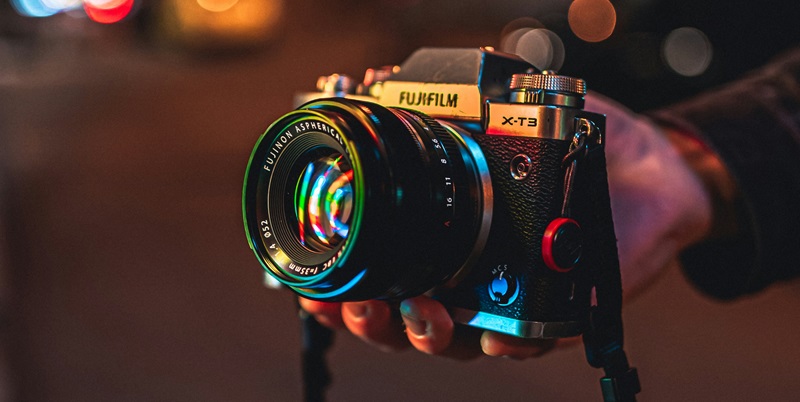Photography is witnessing a transformative phase, heavily influenced by artificial intelligence (AI). This tech advancement is reshaping the entire process of image creation, from the way photos are taken to their post-processing and analysis. As AI’s capabilities enhance, it offers photographers novel tools to foster their creativity and work more efficiently.
Nonetheless, amidst this AI-driven transformation, it’s crucial to remember that photography is an art deeply rooted in human expression. The future should see AI not as a substitute for the artistic soul but as a powerful ally that amplifies the photographer’s vision. Balancing the use of innovative AI tools while preserving the human essence of photography will be paramount. This equilibrium ensures that the craft continues to flourish, blending technology with the timeless artistry that is photography’s core.
Enhancing Camera Capabilities
AI-Powered Autofocus and Exposure
AI technology has revolutionized camera functionalities, enhancing autofocus capabilities by enabling real-time analysis of scenes. This sophisticated AI integration allows the camera to detect subjects swiftly, maintain sharp focus on moving objects, and significantly reduce the likelihood of capturing blurred images. Consequently, photographers can seize moments with enhanced clarity and precision. In the realm of exposure, AI’s algorithms excel in assessing ambient lighting conditions, which facilitates the automatic calibration of exposure levels. Such adjustments are crucial as they ensure photographs are neither too dark nor excessively bright, preserving intricate details that might otherwise be compromised by underexposure or overexposure. This intelligent calibration not only streamlines the photographic process but also elevates the quality of the final images, making AI an indispensable tool in modern photography.
AI and Computational Photography
AI-powered computational photography is revolutionizing the capabilities of cameras, enabling them to combine multiple images to significantly improve the dynamic range and depth of field. This technology empowers even basic cameras to produce images that could previously be captured only with sophisticated equipment. As a result, the barriers are lowering for amateur photographers, allowing them to produce high-quality photos without investing in professional gear. This shift is democratizing photography, making high-level photographic artistry accessible to hobbyists. Consequently, the creative landscape is expanding, granting anyone with a passion for photography the tools to fully express their vision. This fusion of AI and photography is not just enhancing image quality; it’s reshaping the creative potential of photographers everywhere.
Addressing Ethical Considerations
Generative AI and Authenticity
Generative AI has revolutionized the field of photography by forging the ability to create new images or drastically modify existing ones. This technology poses a challenge to the established principles of authenticity and truth within the craft of photography. For photographers who employ these cutting-edge AI tools, there’s a pressing ethical imperative to be transparent about their use. Distinguishing between a traditionally captured photograph and one that’s been digitally generated or altered is becoming increasingly difficult, raising concerns about the veracity of visual content. As such, photographers must adhere to stringent disclosure standards to ensure that trust and integrity prevail, both in the photographic community and among audiences. Preserving these values is essential as we navigate the evolving landscape where reality and AI-generated content intersect.
Ethical Use of AI in Photography
As artificial intelligence (AI) weaves itself further into photography, setting ethical standards is crucial to ensure it serves as an aid, not an instrument of deception. The essence of photography lies in its capacity to express human creativity and perspective, thus, AI should complement, not compromise this artistic integrity. Ethical guidelines must be established to govern the use of AI, safeguarding its role as a tool that empowers photographers rather than one that overrides the authenticity of their work. It is vital to create a balance where AI advancements are embraced but do not overshadow the photographer’s central role in the creative process. This equilibrium will allow the art of photography to evolve with technology, while preserving the human touch that breathes life into every captured moment. Through careful regulation and ethical practices, we can ensure that the alliance between AI and photography flourishes in a manner that respects the medium’s true purpose.

